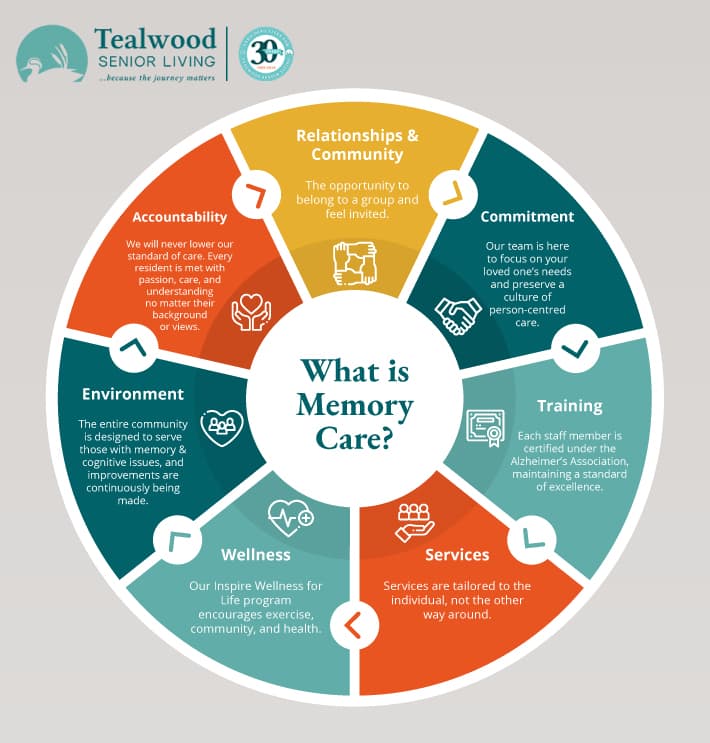Specialist Tips for Offering High quality Alzheimer's Treatment in the house
Caring for an individual with Alzheimer's illness in your home presents unique obstacles that need both understanding and strategic planning. Establishing a structured daily routine, boosting communication abilities, and developing a secure atmosphere are necessary parts of efficient caregiving. Furthermore, caregivers must not forget the relevance of looking for external assistance and sources to preserve their own well-being. As we check out these expert ideas additionally, it becomes clear that a thoughtful strategy can considerably influence the lifestyle for both the caretaker and the private receiving care. What particular techniques can be applied to ensure a helpful environment?
Understand Alzheimer's Condition
Alzheimer's disease, a dynamic neurodegenerative disorder, greatly impacts cognitive function and day-to-day living activities. It mainly influences memory, believing, and behavior, causing a gradual decline in the capacities needed for independent living. Early symptoms typically consist of forgetfulness, trouble in problem-solving, and challenges in completing acquainted tasks. As the illness proceeds, people might experience disorientation to time and place, damaged judgment, and adjustments in state of mind and personality.
The etiology of Alzheimer's is complicated, including the buildup of amyloid plaques and tau tangles in the mind, which disrupt neuronal communication and result in cell fatality. Threat variables include age, genes, and way of living choices, with the majority of cases occurring in individuals over 65. Recognition of these facets is crucial for caregivers, as understanding the condition can assist in better assistance and treatment methods.
Moreover, Alzheimer's disease not just impacts the private but also has considerable psychological and logistical ramifications for family members. Identifying the stages of the illness permits caregivers to anticipate challenges and adjust their approach, guaranteeing that the demands of those impacted are met concern and understanding. This foundational expertise is vital for advertising top quality treatment in your home.
Develop a Regular
Producing a structured day-to-day regimen can significantly enhance the lifestyle for individuals coping with Alzheimer's disease. Establishing constant patterns helps to lower confusion and anxiousness, supplying a sense of safety and security and familiarity. A day-to-day schedule needs to consist of regular times for dishes, activities, and rest, which can help individuals anticipate what to expect throughout the day.
Incorporating simple, acquainted tasks right into the routine can advertise a feeling of achievement and self-reliance. Activities like horticulture, food preparation, or perhaps easy family chores can be advantageous. It is important to tailor these tasks to the individual's abilities and passions, guaranteeing involvement without stress.
Furthermore, versatility within the routine is essential. While consistency is very important, allowing for adjustments based upon the individual's state of mind or power degrees can help preserve a favorable environment. Motivate involvement in social interactions, whether with family check outs or neighborhood tasks, as these can supply excitement and link.
Enhance Communication Skills
Efficient communication is vital for preserving meaningful connections with individuals living with Alzheimer's condition. As cognitive abilities decrease, standard conversation may become tough. Consequently, caregivers should adapt their communication approaches to foster understanding and connection.

Show authentic rate of interest by maintaining eye call and responding to acknowledge their ideas or feelings. Rather, verify their emotions and reroute the conversation carefully if needed.
Utilizing visual help, such as photos or created tips, can additionally enhance comprehension. Motivate engagement in tasks that promote conversation, you can find out more such as thinking back about previous occasions or looking through picture cds.
Create a Safe Setting
An encouraging setting plays a significant duty in the wellness of people with Alzheimer's disease. Producing a safe home setting is essential to decrease threats and boost the high quality of life for both the specific and their caretakers. Begin by evaluating the home for possible risks. Remove tripping dangers such as loose carpets, electrical cables, and mess. Make sure that paths are well-lit and clear to avoid falls.
Set up safety locks on windows and doors to stop roaming, which is an usual problem in Alzheimer's people. Furthermore, consider making use of non-slip mats in bathrooms and install grab bars for added assistance. Classifying rooms and essential items can help individuals browse their environments more easily.
Emergency calls need to be clearly posted near phones, and a medical sharp system can give comfort. Take into consideration making use of childproofing steps for dangerous compounds and sharp items. Frequently check smoke alarm and carbon monoxide gas alarm systems to ensure they are operating. In general, customizing the home atmosphere to the distinct requirements of the individual with Alzheimer's not only advertises security but also encourages independence and convenience.
Seek Assistance and Resources
Accessing assistance and sources click site is critical for caregivers and individuals dealing with the obstacles of Alzheimer's disease. Caregiving can be overwhelming, both physically and mentally, and it is important for caregivers to seek help to preserve their health and offer top quality care.

Additionally, exploring break care choices can afford discover this caregivers much-needed breaks, enabling them to reenergize and lower fatigue. This may include adult day programs or in-home care services. Financial assistance programs may likewise be readily available to assist balance out the prices of treatment.

Final Thought
In recap, supplying high quality Alzheimer's care in the house demands a complex method. Understanding the intricacies of the condition, developing an organized regimen, improving communication abilities, producing a safe environment, and looking for assistance from available sources jointly add to boosted caregiving experiences. Implementing these approaches not only promotes a feeling of independence and achievement for individuals with Alzheimer's however also relieves caregiver tension, ultimately enhancing the quality of life for both caretakers and those they sustain.
Caring for an individual with Alzheimer's condition at home presents one-of-a-kind obstacles that need both understanding and calculated planning.Additionally, Alzheimer's illness not only influences the individual yet additionally has substantial psychological and logistical effects for households.Developing an organized daily routine can dramatically enhance the top quality of life for individuals living with Alzheimer's illness.Effective communication is essential for maintaining meaningful links with individuals living with Alzheimer's disease. Alzheimers Care Charlotte. Carrying out these approaches not just fosters a feeling of freedom and success for individuals with Alzheimer's however likewise reduces caregiver anxiety, eventually enhancing the top quality of life for both caregivers and those they sustain